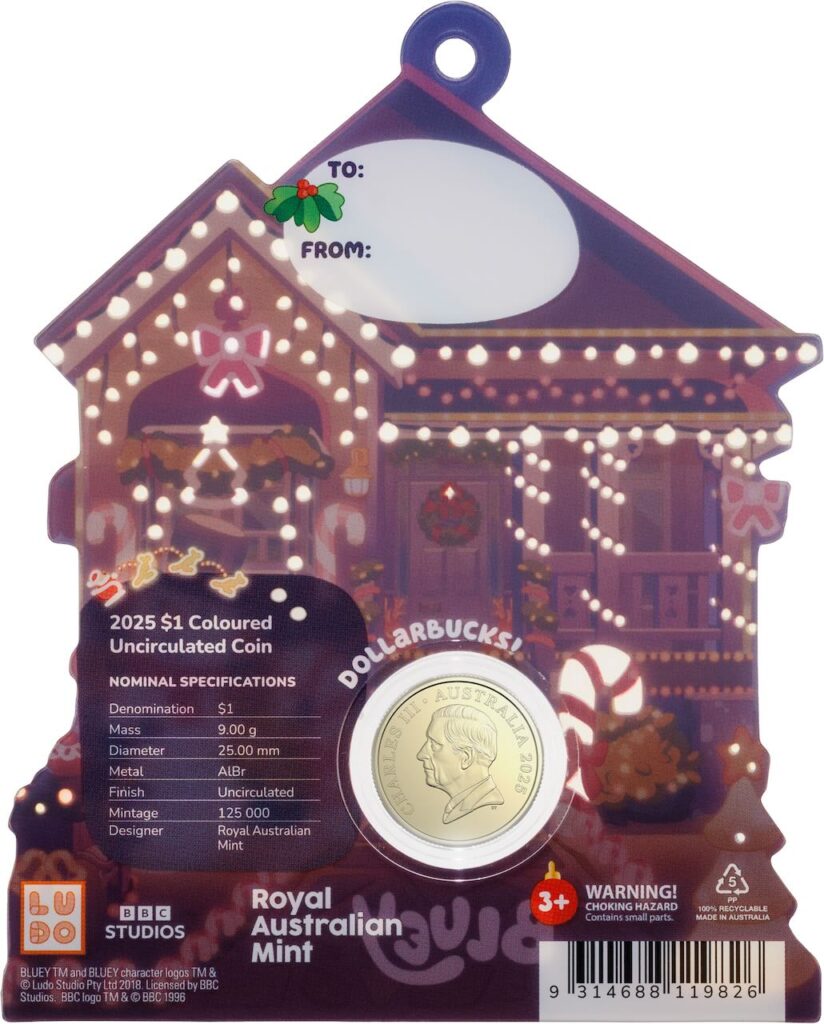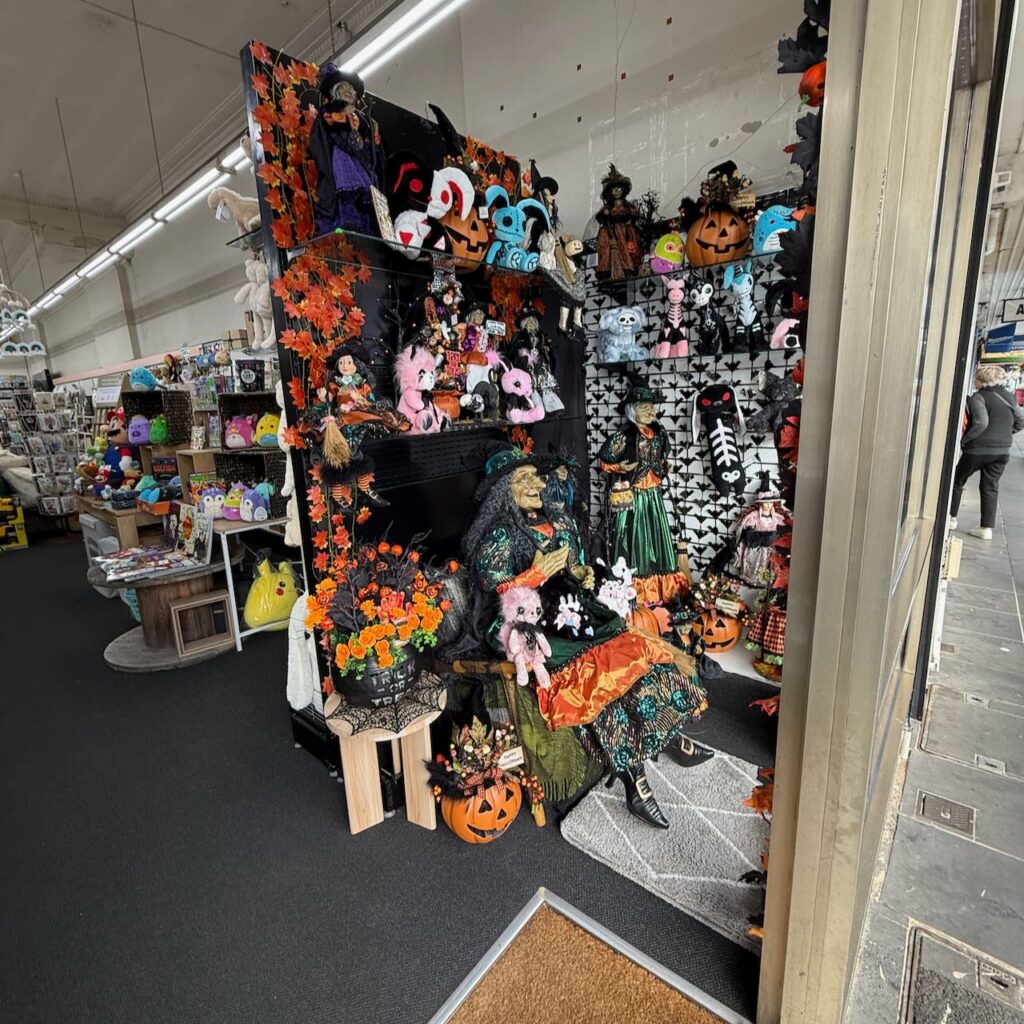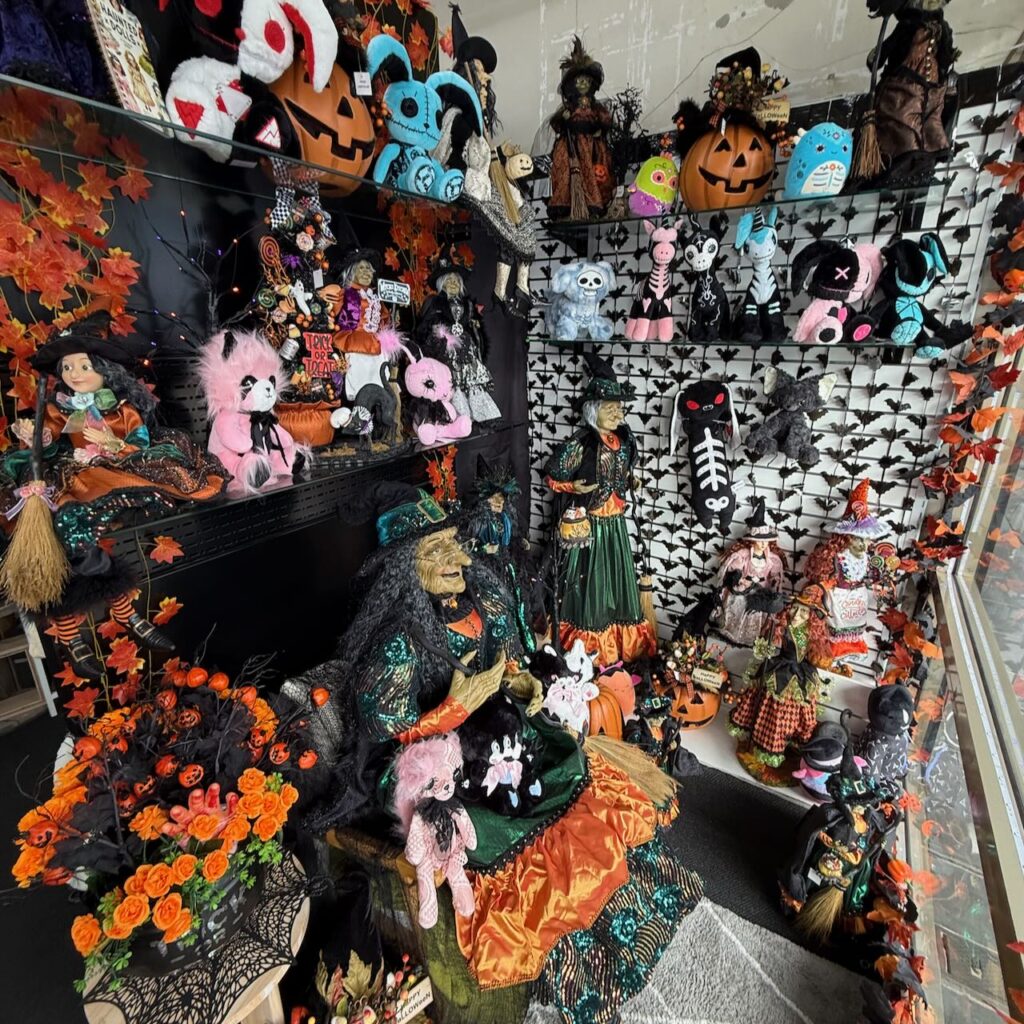Why Coles’ Big AI News is Great for Independent Retailers (Like You)
You might have seen the news this week that Coles is rolling out an enterprise-wide partnership with OpenAI. When I saw that story, my first thought wasn’t about the competition. It was: “This is fantastic news.”
This move by a retail giant validates what Tower Systems has been focused on for some time, for newsagents and the other small business retailers it serves: AI isn’t just a gimmick for the big end of town; it’s a genuine “competitive game-changer” for independent, local retailers.
It’s levelling the playing field. And the best part? You don’t have to wait. While Coles is just announcing their plans, local, independent retailers are already using powerful AI tools every single day. I made a video this morning about this:
For a long time now, Tower has been embedding AI tools from OpenAI, Google Gemini, and others directly into its point-of-sale software. It’s not about “future tech”; it’s about practical tools that solve real problems for small business owners.
In the video, I discuss how our customers are already using AI to:
- Save hours of admin by automatically analysing and importing virtually any supplier invoice, with no special setup required.
- Market smarter by generating unique product descriptions and blog posts that speak in their business’s authentic voice.
- Boost profitability with plain-English reports that identify what’s not selling, what’s overstocked, and even potential theft, long before it becomes a major issue.
- Prevent lost sales by getting alerts on popular items you’re about to run out of.
As I mention in the video, I rely on these and more AI tools in my own retail shop – to save time, make better-informed decisions, and run a smarter, more efficient shop.
This technology is here, it’s accessible, and it’s already making a fundamental difference for local businesses. The Coles announcement is a great signal for the entire retail sector and all who serve it that AI is no longer an option, AI is an essential part of modern retail.
Watch the video to see my full breakdown of what this means for local small business retail and how you can leverage this power in your own independent business today.
As you can probably tell, I’m excited about AI. It makes accessible to small business retailers opportunities for more effectively competing – as plenty are already finding. It’s a terrific opportunity for efficiency and growth.
And, when you’re researching AI, get to the facts. Some software companies say they have AI tools, when they don’t. It’s important you see for yourself what’s available today as this matters.
…
Mark Fletcher founded newsagency software company Tower Systems and is the CEO of newsXpress, a marketing group serving innovative newsagents keen to evolve their businesses for a bright future. newsXpress has an established package if advice and support for newsagents when it comes to AI. You can reach him on mark@newsxpress.com.au or 0418 321 338.









